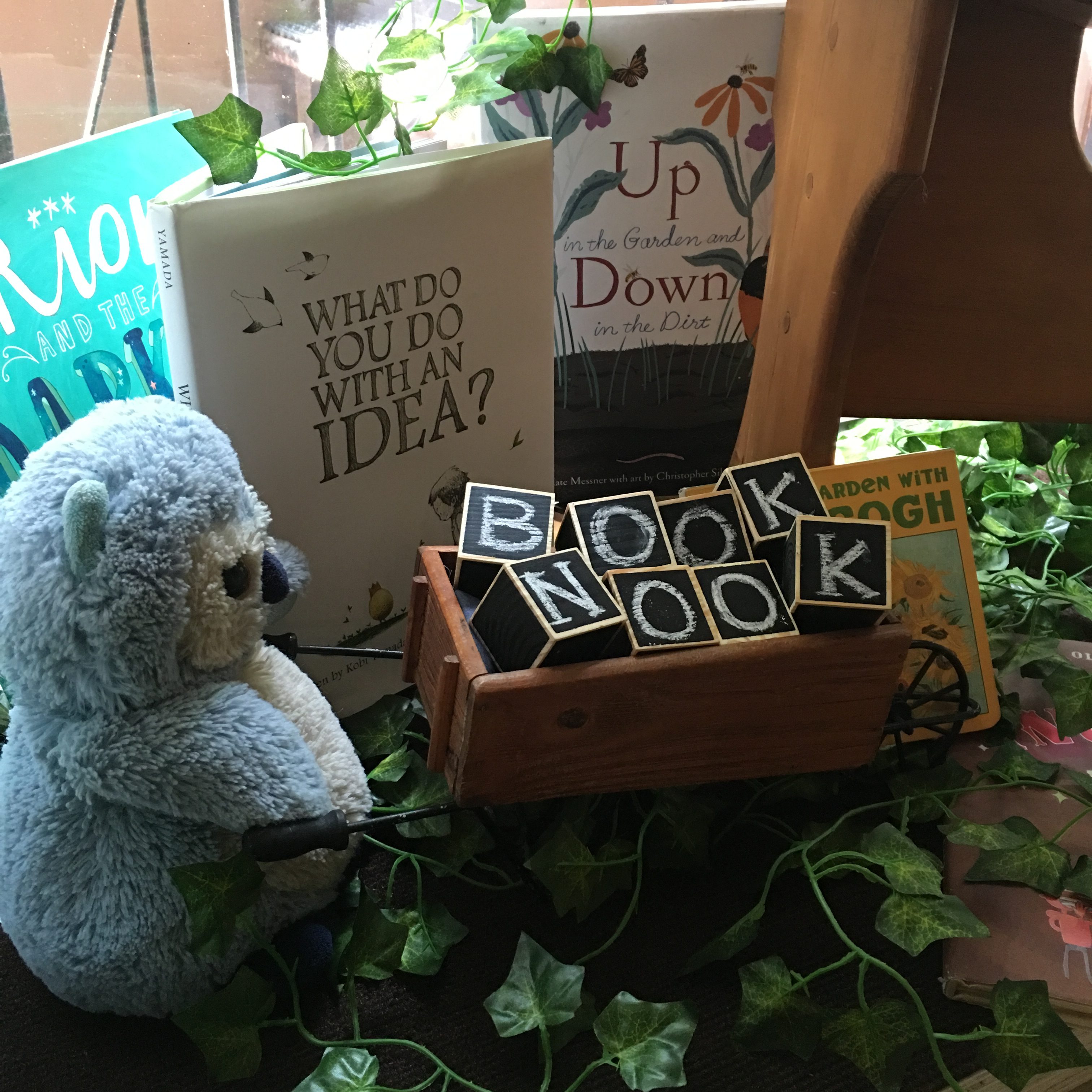The basic foundation for any successful student is built upon literacy. Many skills within literacy are learned through practice, though the earliest stages of reading emerge as early as six months old. Our goal at Wise Wonder Enrichment is to constantly foster these areas of development to allow for the utmost growth while still ensuring each step of the journey is exciting and magical. This practice is something that can be extended to home life, as well. It just takes engagement and recognizing the stages as they appear.

Stage One: The Emergent Pre-Reader (6 months to 6 years old)
This stage of reading development begins as early as six months old. When children begin compiling vocabulary and utilizing language, they are technically on the road to reading! Emergent pre-readers can process words, images, and sounds and use this knowledge to communicate. This is also the stage that reading time is crucial! Emergent literacy allows for students to begin identifying words and pictures in their favorite stories, which gives them the ability to retell the story on their own. We recommend incorporating wordless picture books (such as the Journey series by Aaron Becker) at this stage too. Imaginative thinking is key to developing the skills – and the taste! – necessary for lifelong readers.
Stage Two: The Novice Reader (6 to 7 years old)
Most literacy experts say that this stage happens between six to seven years old, and they’re not wrong! However, we do incorporate some of these activities in our curriculum beginning at four years old. We believe that the earlier children are exposed to certain skills, the earlier (and more quickly) they’ll pick them up! At this stage, children will begin sounding out words independently using phonemic awareness. They’ll also be able to identify sight words, such as “the” or “and.” More than anything, this will be the time that students understand the relationship between letters and sounds and how they correlate while reading. Vocabulary also comes hugely into play, as students are more inclined to push their reading when they full understand that concept at hand.
Stage Three: The Decoding Reader (6 to 9 years old)
Stage three of reading development ushers in the period of both consistent understanding and semi-fluency. At this point, children will be sounding things out more easily and often with full independence. They will also identify different vowel sounds (long vowel versus a short vowel) more quickly and with greater ease. The importance of this stage is for students to understand that fluency, and the act of reading itself, is not about speed but about comfortability. Reading is more than just putting sounds together. It is about overall comprehension too! We want to ensure that during the process of reading development, our students are also taking it all in and finding meaning beneath the words as well
Stage Four: The Fluent Reader (9 to 15 years old)
The second to last stage of reading development has a wide gap in age – and that’s because it’s a process that spans a child’s education! Fluent readers are no longer sounding out words or stopping to decode. Readers at this stage are reading longer pieces without stopping and are reading a wide variety of genres, both for school and for pleasure. Fluent readers are looking beyond the text to understand its purpose. They are also able to begin understanding metaphor, irony, different perspectives, etc. This is when critical thinking comes into play and when readers begin asking more meaningful questions to allow for a deeper understanding.
Stage Five: The Expert Reader (16 years old and up)
There are five main stages of reading development, though we believe that this area of development is never fully complete. The way readers interact with stories and text changes throughout their lives. There is always more to learn – new meaning to be found, different perspectives to explore. And by this point, readers are able to fully engage and seek out the types of writing they enjoy most. “Expert” readers may have the full skill set they need, but the heart can always expand – and that love is a foundation we seek to set from stage one.

Reading is a very individual practice. It is something we believe is so important to crafting sensitive and bright learners in every facet of education. The stages are there to benchmark and understand progress, but every child is different – and no journey is the same. So give your little one time and space to discover the ways in which reading is special to them. Nothing will open their minds and hearts more.
